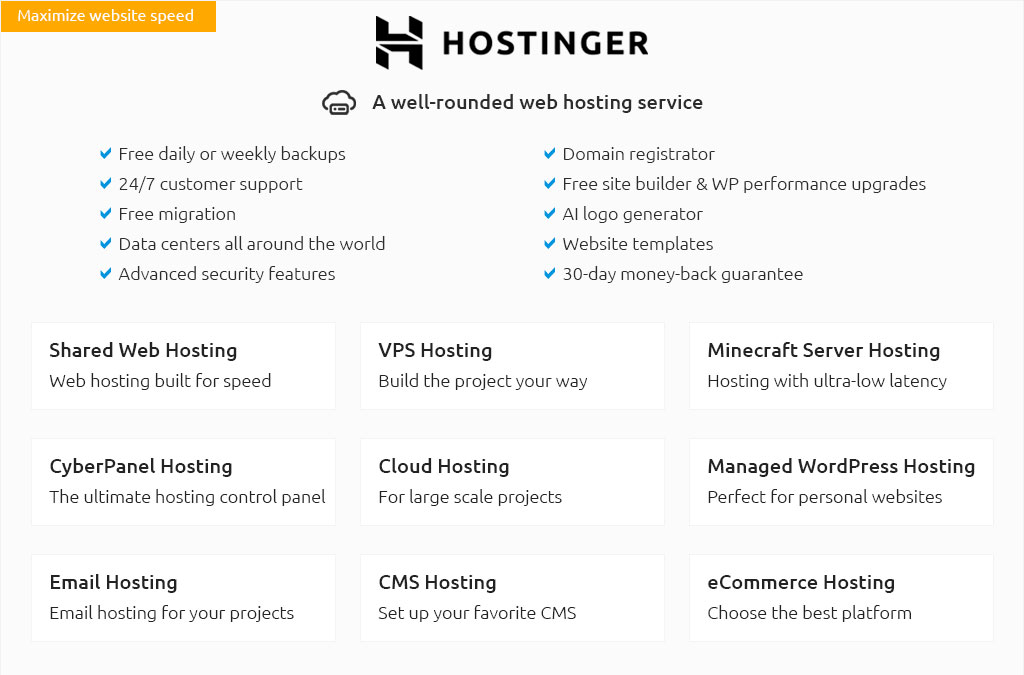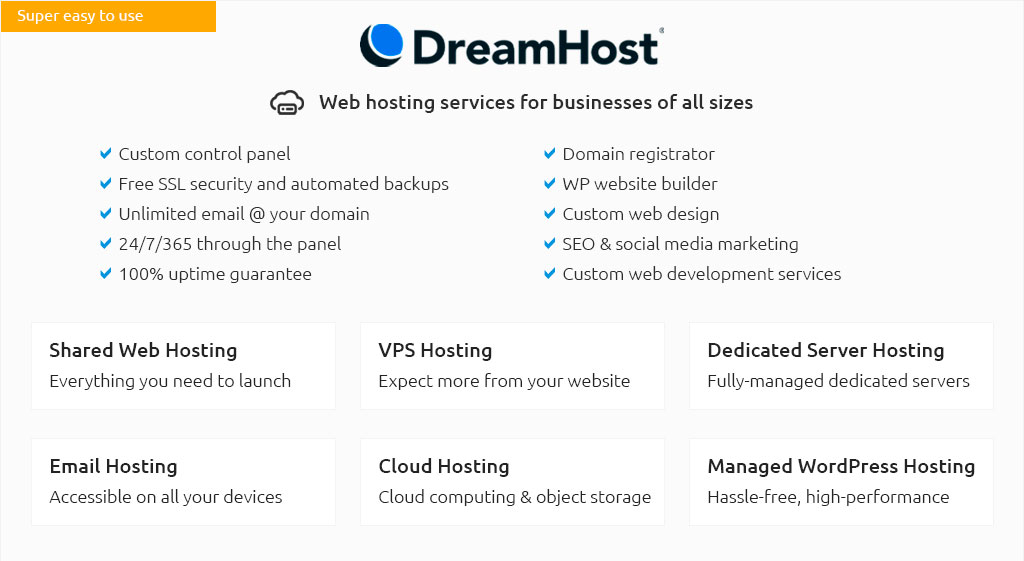 |
|||
 |
 |
 |
|
 |
|
 |
 |
 |
|||
 |
|||
 |
|||
 |
|||
 |
|||
 |
|||
 |
 |
Understanding VPS Web Hosting Services: What to ExpectIn the bustling world of web hosting, Virtual Private Server (VPS) hosting stands out as a popular choice for those who need more power and flexibility than shared hosting can offer, yet aren't quite ready to invest in a dedicated server. For businesses and individuals keen on scaling their online presence, understanding what VPS hosting entails is crucial. At its core, VPS hosting involves partitioning a physical server into multiple virtual servers, each with its own dedicated resources. This setup provides a middle ground between shared hosting, where resources are spread thin across many users, and dedicated hosting, which can be cost-prohibitive for smaller enterprises. One of the primary advantages of VPS hosting is the degree of control it affords. With a VPS, users enjoy root access, allowing them to install software, manage configurations, and perform various administrative tasks, much like they would on a dedicated server. This autonomy is particularly beneficial for developers and tech-savvy users who require a high level of customization. Moreover, performance is a significant consideration. VPS hosting ensures that your allocated resources, such as CPU and RAM, are available exclusively to your server, mitigating the common slowdowns experienced in shared hosting environments. This performance boost is essential for websites with moderate to high traffic, or those running resource-intensive applications. Security is another area where VPS hosting shines. Although not inherently more secure than other hosting types, the isolation of your virtual server means that vulnerabilities in neighboring servers are less likely to impact you. However, it's imperative to note that the onus of security largely falls on the user, necessitating a proactive approach to security measures.
In choosing a VPS provider, there are several factors to consider. Look for a provider with robust customer support, as even seasoned users may encounter issues that require expert assistance. Additionally, consider the provider’s reputation for uptime and reliability, as these are critical to maintaining a steady online presence. To conclude, VPS web hosting services offer a compelling mix of flexibility, control, and performance. They are an excellent choice for those who have outgrown shared hosting but aren't ready for the leap to dedicated servers. By understanding the nuances of VPS hosting, users can make informed decisions that align with their technical requirements and business goals. https://www.hostinger.com/vps-hosting
Start small and scale when you outgrow your plan. Whenever you need more server resources for your projects, upgrading to a higher-tier VPS hosting plan takes ... https://www.reddit.com/r/selfhosted/comments/zxl5d9/which_vps_provider_are_you_using_if_any/
I'm hosting all my services in a DigitalOcean droplet for the past three years and was using an $12/month droplet with 1vCPU and 2GB RAM. https://www.databasemart.com/vps-hosting?srsltid=AfmBOornpBmw_wj0on6jj9d90zMOyA1IqXTFOqM61fvLfcxUtMGT6641
VPS is short for Virtual Private Server. Virtual server hosting is a hosting solution for websites and applications, where server resources are isolated for ...
|